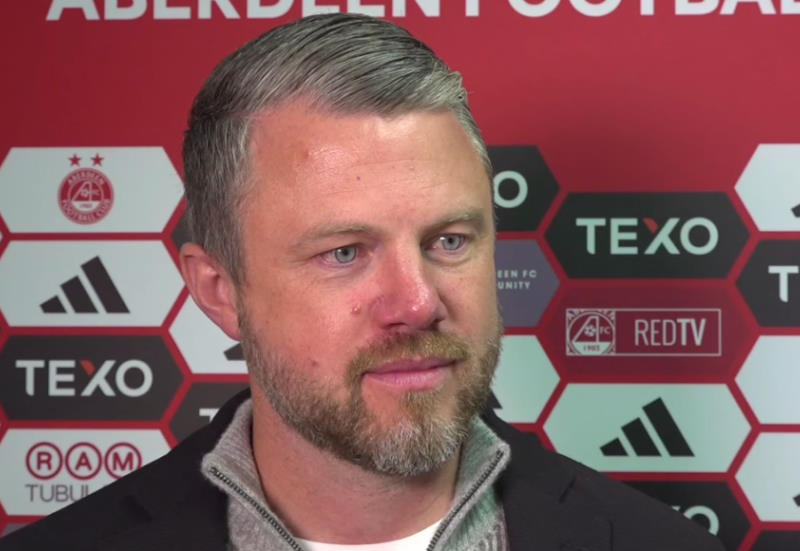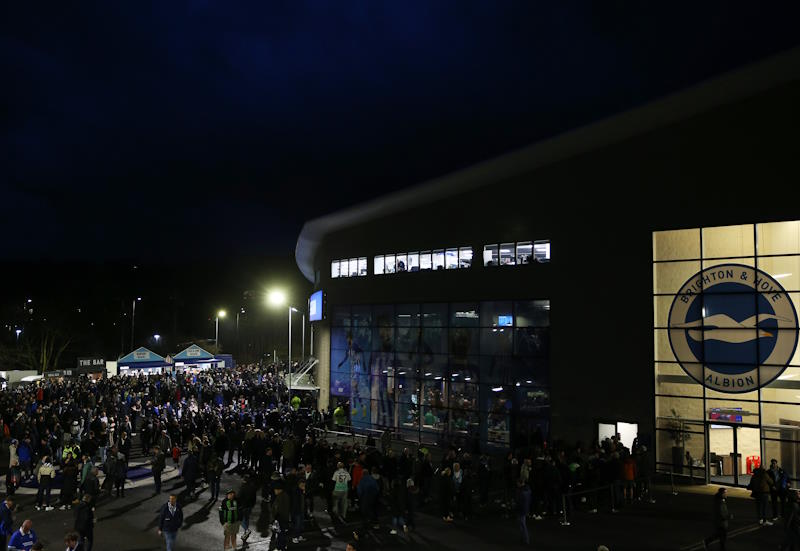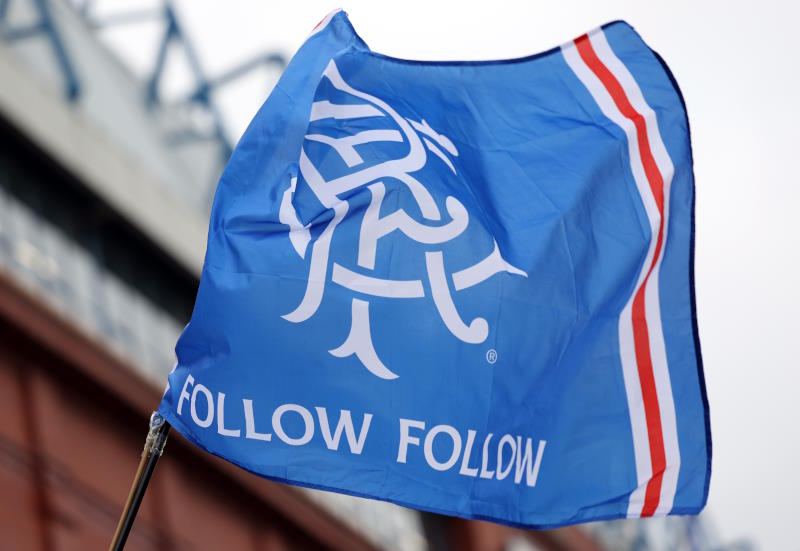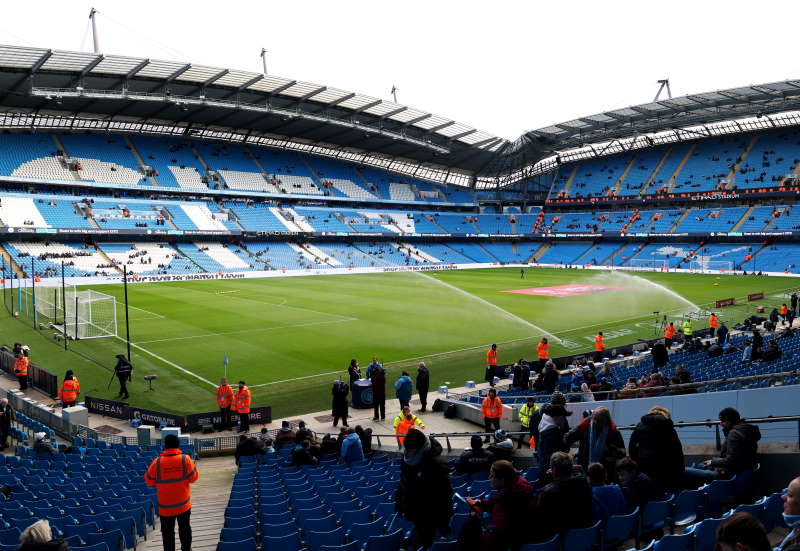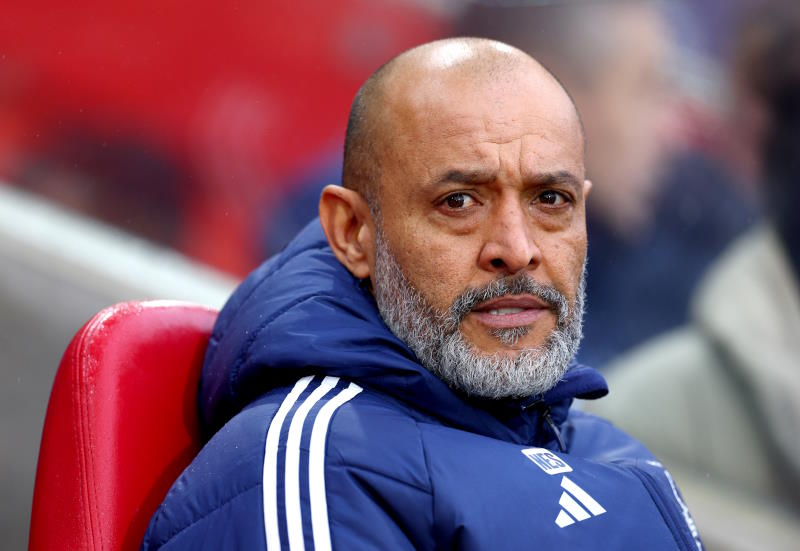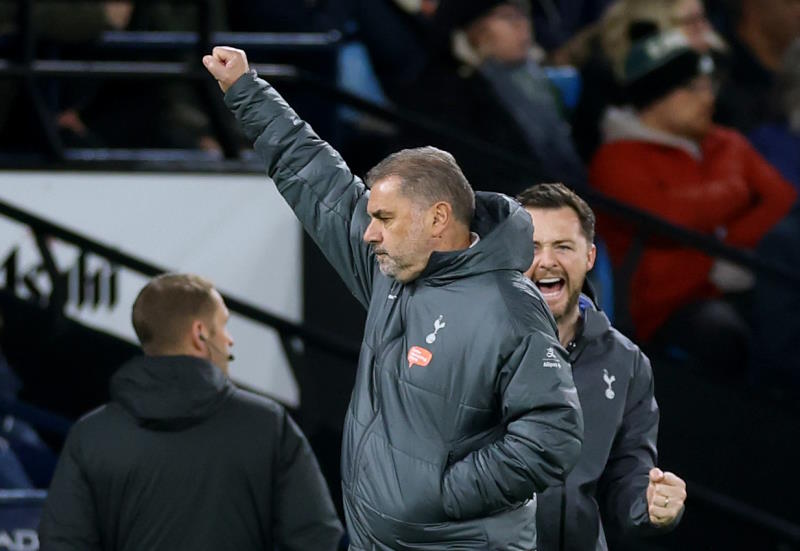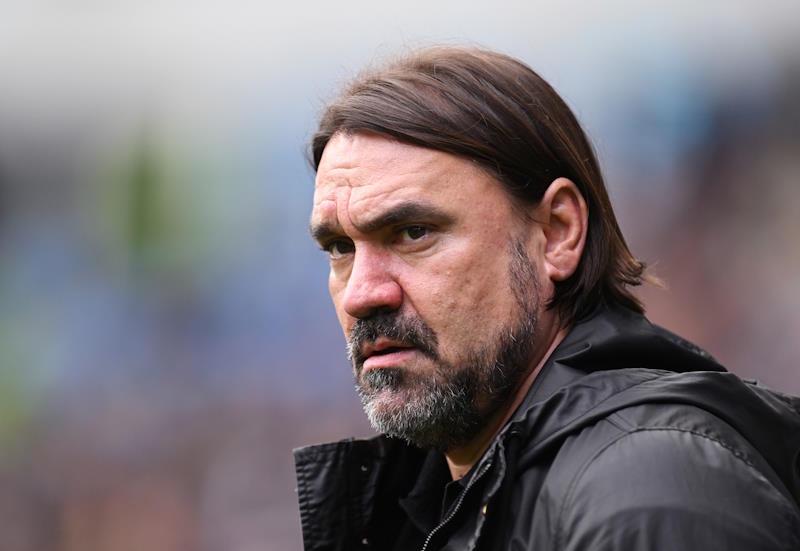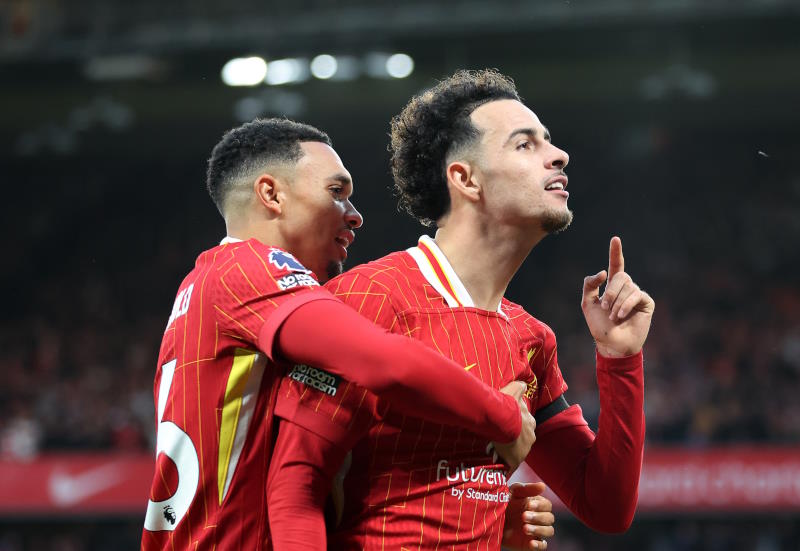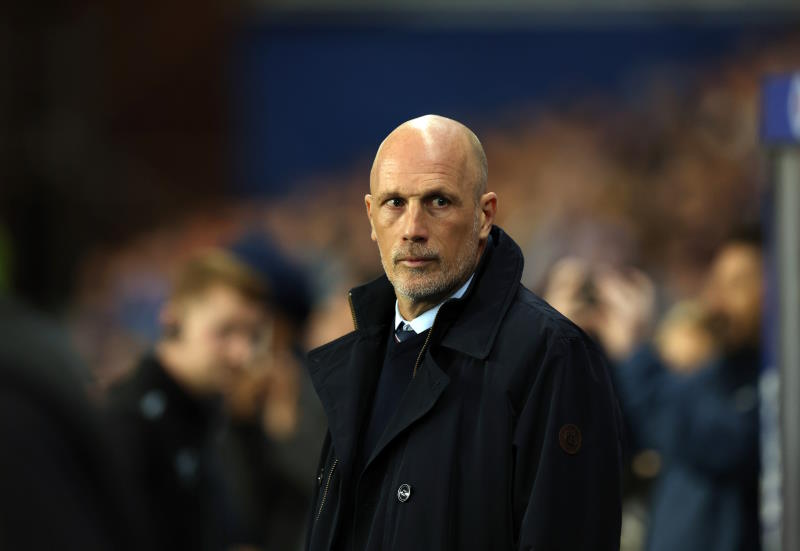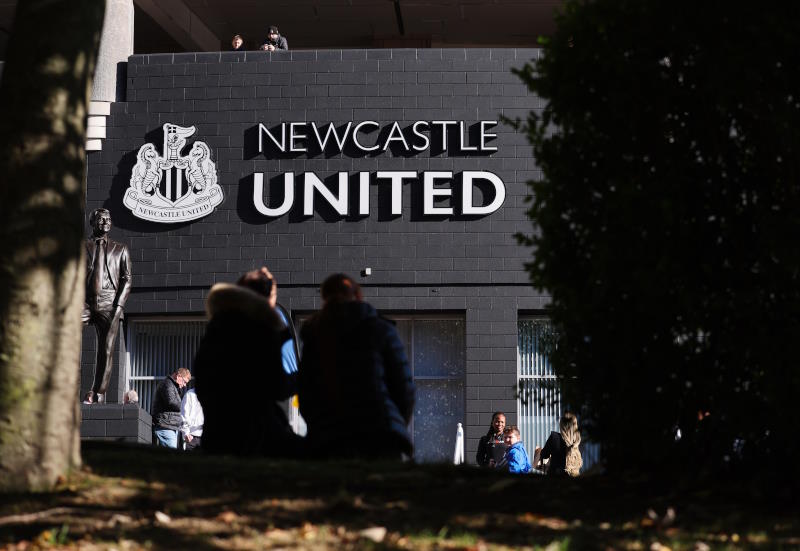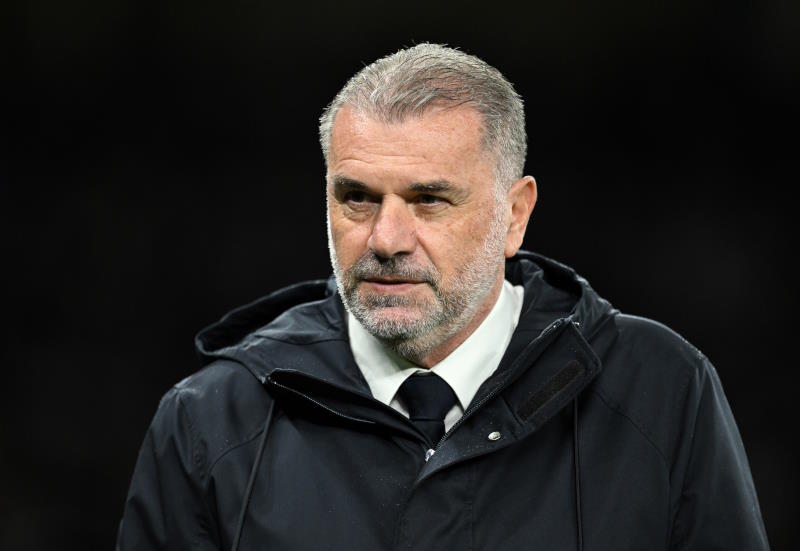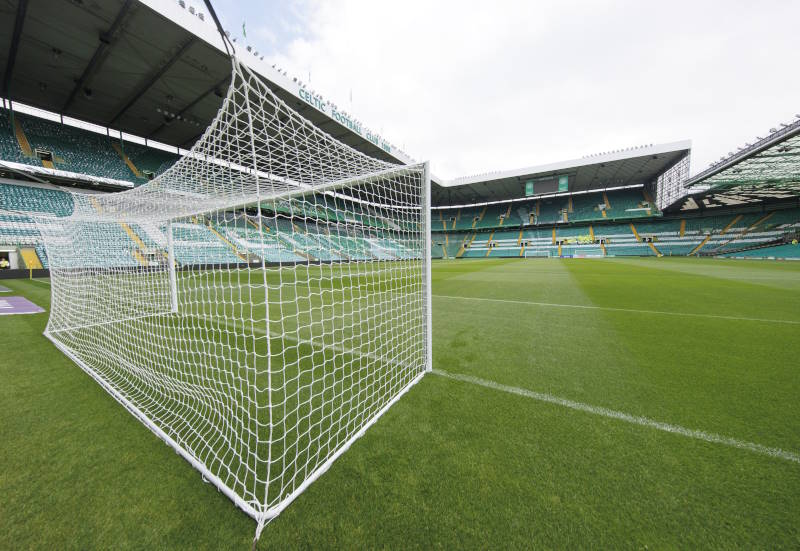
It is 76 years since Egypt became the first ever African nation to play at a World Cup finals, making their tournament debut in 1934. So far while 13 African countries have managed to earn the right to contest the World Cup finals, only Cameroon and Senegal hold the honour of progressing the furthest, to the quarter-finals. This summer sees the continent stage its very first World Cup, and host nation South Africa have been pronounced ready.
Outside Africa, concerns and worries over South Africa’s suitability to stage the tournament have persisted. These mainly centre on security issues, widespread poverty and hefty airline ticket prices to attend. Africa’s own worries are different and focused very much on the pitch: Which African country will put in a respectable performance? And will Africa stage a World Cup to remember?
The absence of the continent’s first ever participants, in the shape of Egypt, who failed to qualify, will be a huge blow to Africa’s trophy charge. So which of Africa’s representatives can do real damage to the established names at the finals?
The Hosts – South Africa
South Africa’s World Cup debut in France ’98 under Philippe Troussier was marred by own goals in their first game against the hosts. Their second World Cup appearance four years later brought little improvement. Yet as kick-off approaches for “their” World Cup, South Africans can be found casting their minds back to the days of Lucas Radebe and Doctor Khumalo, Bafana Bafana giants who are now retired.
With almost two months before the tournament the team have already changed their original plan to camp at Esselen Park School of Excellence in Elandsfontein, in favour of a move to Sturrock Park (Wits University Sport Complex) after the School of Excellence was found to be in somewhat of a dilapidated state. In another domestic development, South Africa’s Premier Soccer League came to an early finish in March, to allow all locally based players to be available for coach Carlos Alberto Parreira’s training camps in Brazil and Germany respectively. In this respect Parreira has adequate time to prepare.
South Africa’s most successful coach to date, amongst the 15 who have held the post, is Clive Barker, the man who delivered the country’s only Nations Cup title in 1996. Barker was also the man responsible for ensuring qualification to France ’98 before resigning. Hopes are high Parreira, also coach between 2007-08, can do well for the hosts, indeed the Brazilian was recalled to the post following the failure of his hand-picked successor Joel Santana.
Nigeria – Super Eagles
At international youth level, Nigeria have records many other countries in the world can only dream of. The senior side however have found the breakthrough much tougher going.
The Super Eagles hit the World Cup scene in USA ’94, shocking established powers by topping a group containing Argentina, Bulgaria and Greece. Four years later they were at it again, picking up the notable scalp of Spain. Since then though the team’s composure has somehow been lost, they have struggled in major tournaments and players have looked jaded and lacking in commitment.
In 2002, Nigeria’s Asian adventures in South Korea/Japan under respected domestic coach Festus Adegboyega ended without a single win, and his successor Christian Chukwu failed to reach the 2006 World Cup in Germany altogether.
Nigeria have seen ten managerial changes since their most recent decent display in a World Cup match in France ’98 under Bora Milutinovic. Shaibu Amodu, who helped the country qualify for the coming World Cup in South Africa being the latest victim.
After disappointing in the latest African Nations Cup held in Angola, the Super Eagles hired Swedish coach Lars Lagerback, brought in after failing to qualify his own country for South Africa. The semi-finals will be Lagerback’s target, but despite experience of three World Cup finals, it looks a stiff one.
Ivory Coast – The Elephants
Legendary Brazil star Pele has tipped an African nation to win a World Cup sooner rather than later and his admiration for the Ivory Coast is no surprise. The Elephants’ dream debut in Germany ’06 was not helped by being drawn in the same group as Argentina, Holland and Serbia. Their second appearance promises to be just as tricky with Brazil, Portugal and the unknown North Korea in Group G.
To the surprise of many, only two months before kick-off, The Elephants fired Bosnian boss Vahid Halilhodzic, the man who guided the country through qualifying but then disappointed in Angola.
The Ivory Coast Federation took their time studying the CVs of a whole host of coaches before deciding upon ex-England boss Sven-Goran Eriksson. Given the talent at his disposal, the Swede will be expected to navigate a tough group.
Algeria – North Africa’s Representatives
Algeria last played at a World Cup finals in Mexico ’86, but their win over arch-rivals Egypt to take a spot in South Africa will live long in many people’s memories. Rabah Saadane is at the helm for a fifth time and will be responsible for getting out of a group containing the USA, England and Slovenia.
The North Africans may not be favourites to go very far, but their disappointing display in the Nations Cup in Angola will have given them lessons to learn, which if they do could see some improvement.
Cameroon – Roger Milla’s Lions
How Cameroon could do with Roger Milla to bring much needed inspiration and unity to the Indomitable Lions. After missing out on Germany ’06 under Portuguese boss Artur Jorge, Cameroon will be making their sixth World Cup finals appearance in South Africa.
Since reaching the quarter-finals in Italy ’90 with Russian coach Valeri Nepomniachi at the helm, Cameroon have undergone many changes, with six managers trying and failing to reach those heights again.
Current coach Paul Le Guen survived heavy criticism following the country’s poor showing at the Nations Cup in Angola, but is likely to finish the job he started and will look forward to silencing his critics.
Ghana – Michael Essien’s Black Stars
All of Ghana cannot wait for their country to make their second successive appearance at the World Cup. Without a number of senior and star players in Angola, a team made up of young talents managed to reach the final, only eventually succumbing to winners Egypt.
Shining at youth level, but disappointing on the senior stage, the arrival of Serbian Ratomir Dujkovic proved a masterstroke as the Black Stars qualified for their first World Cup in 2006. Ghana were acclaimed as the most improved team of the year in 2005, after going without losing for a year, however the man responsible left the job in July 2006 following the conclusion of their World Cup campaign.
Current boss Milovan Rejevac, who took the job in 2008, had never managed a team outside his native Serbia before the Black Stars came calling. His presence seems to have instilled a little discipline and much needed confidence in the side, while his decision to exclude Inter’s Sulley Muntari from the national team for a period showed who was in charge.
Poor preparation for major tournaments has always hurt the chances of African teams, with tempestuous players and administrators leaving crucial decisions such as managerial changes, players’ bonuses and training camps far too late. Many African football associations lack a realistic vision of where they want their country’s game to be in five, ten, or 20 years. For a coach to remain in charge of an African country for five years is a rare achievement.
This year’s World Cup will feature African teams with an array of world class players, celebrities and football millionaires who ply their trades across the planet’s biggest leagues. Just as the coaches of African countries have never had it so good in terms of the talent they can call upon, tying all the strings together, using players from vastly differing leagues and of differing skill sets, remains a huge challenge.
The world’s flagship tournament can look forward to African stars playing their hearts out for their country while trying to attract European giants and multi-million pound contracts. The holy grail for an African side remains going beyond the quarter-finals. Whether on home soil, in front of millions of expectant fans, one of their representatives can remains an intriguing question and one that will only be answered in the summer.
Related Articles:
- – Egyptian Talents Light Up African Cup of Nations
- – Shakhtar Coach Lucescu’s Brazilian Obsession
- – Can Wales Avoid International Wilderness

